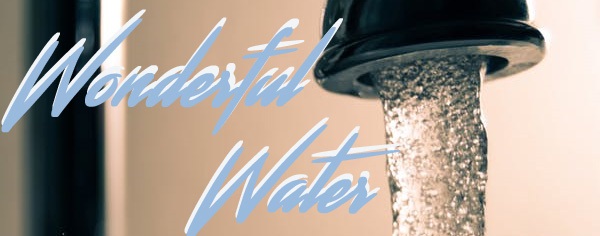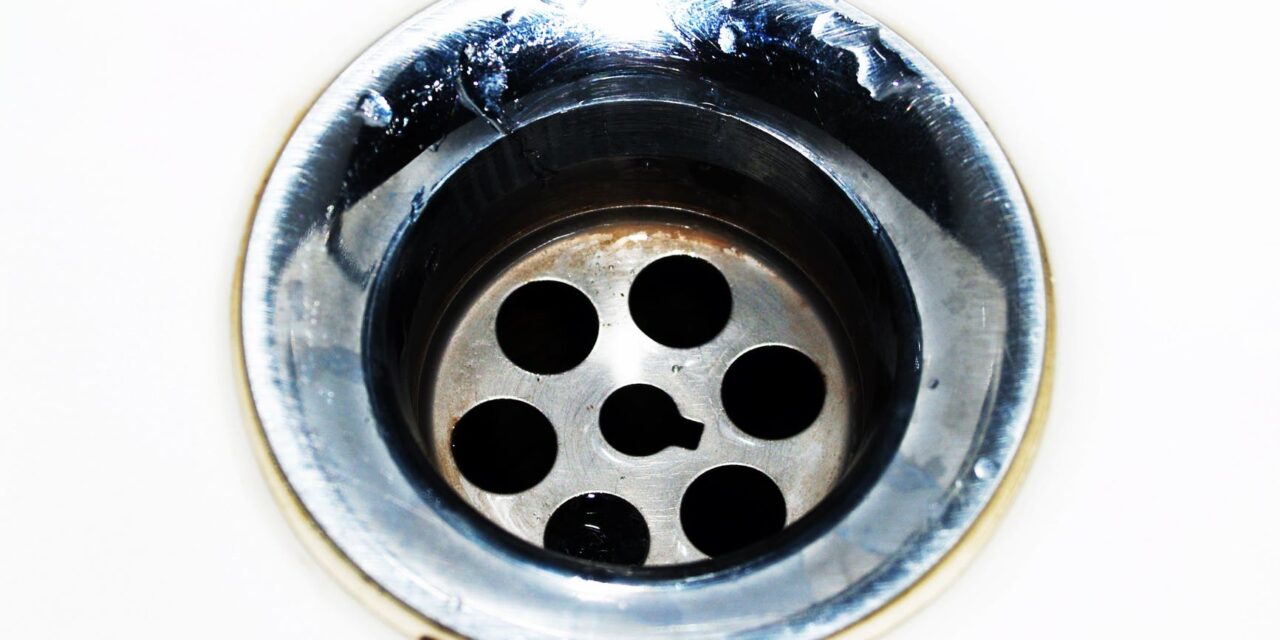This month on “Wonderful Water,” join 97.9 The Hill’s Brighton McConnell for a conversation with OWASA Distribution and Collection Systems Manager Jesse DuClau, as well as Dr. Lama BouFajreldin, teaching assistant professor in environment, ecology, and energy at UNC.
As the holidays continue in colder months, it’s not just frozen pipes that you’ve got to worry about. Home-cooked meals mean more fats, oils and grease in the kitchen — and if you’re cooking at home, it’s well worth your time to properly dispose of them, protecting both your own home and community infrastructure from potential damage.
According to both DuClau and BouFajreldin, it’s important to remember the water that goes down your drain doesn’t stop there — it has to flow through pipes, pumps, treatment and more. Fats and oils in liquid form, especially when heated, often solidify once they spend time in cooler environments, and those cooled-down solid masses mean big trouble for the mechanisms that keep water flowing in and out of homes. To avoid costly repairs and post-holiday headaches, check out OWASA’s “3 Ps” rule and dispose of any oils or fats in the trash, not in the sink.
You can listen below to the full conversation below, and visit the Wonderful Water page here for more interviews and stories about the work OWASA does in our community.
 Chapel Hill and Carrboro residents use roughly 7 million gallons of water a day, and “Wonderful Water” is a monthly conversation sponsored by the Orange Water and Sewer Authority highlighting its work to keep our community growing and water flowing.
Chapel Hill and Carrboro residents use roughly 7 million gallons of water a day, and “Wonderful Water” is a monthly conversation sponsored by the Orange Water and Sewer Authority highlighting its work to keep our community growing and water flowing.


